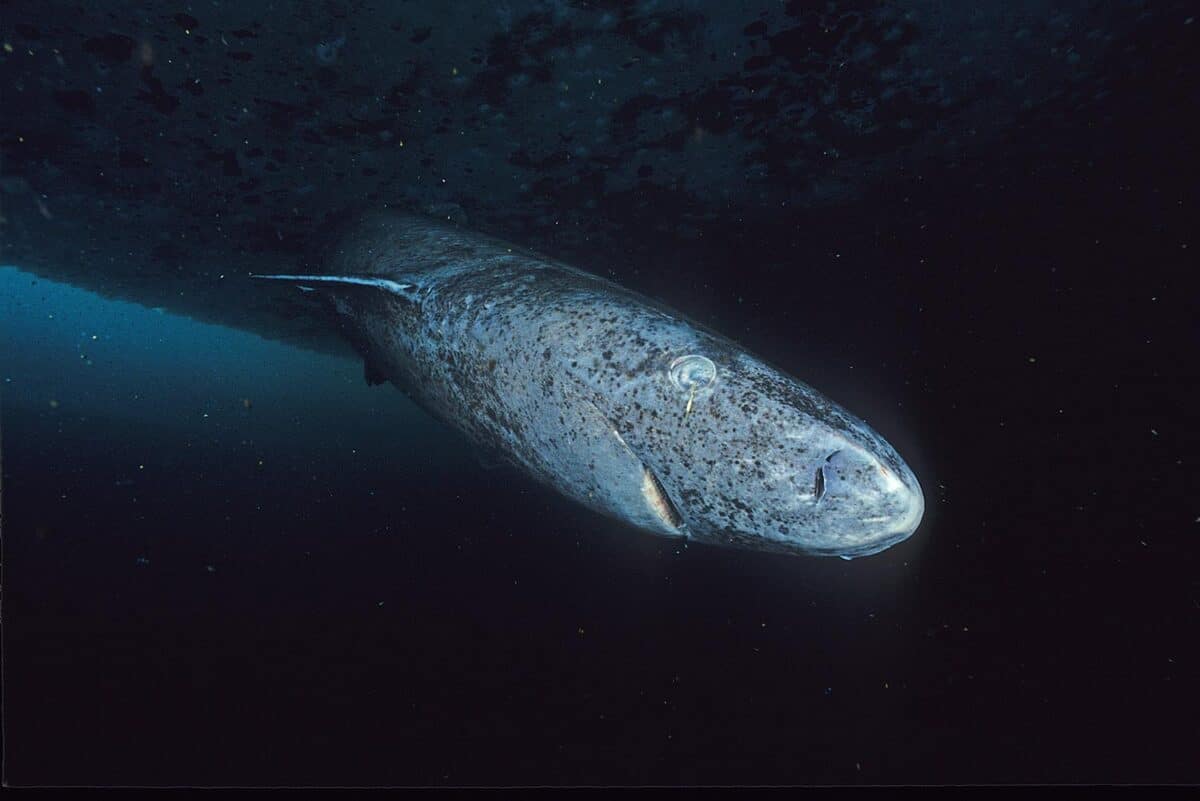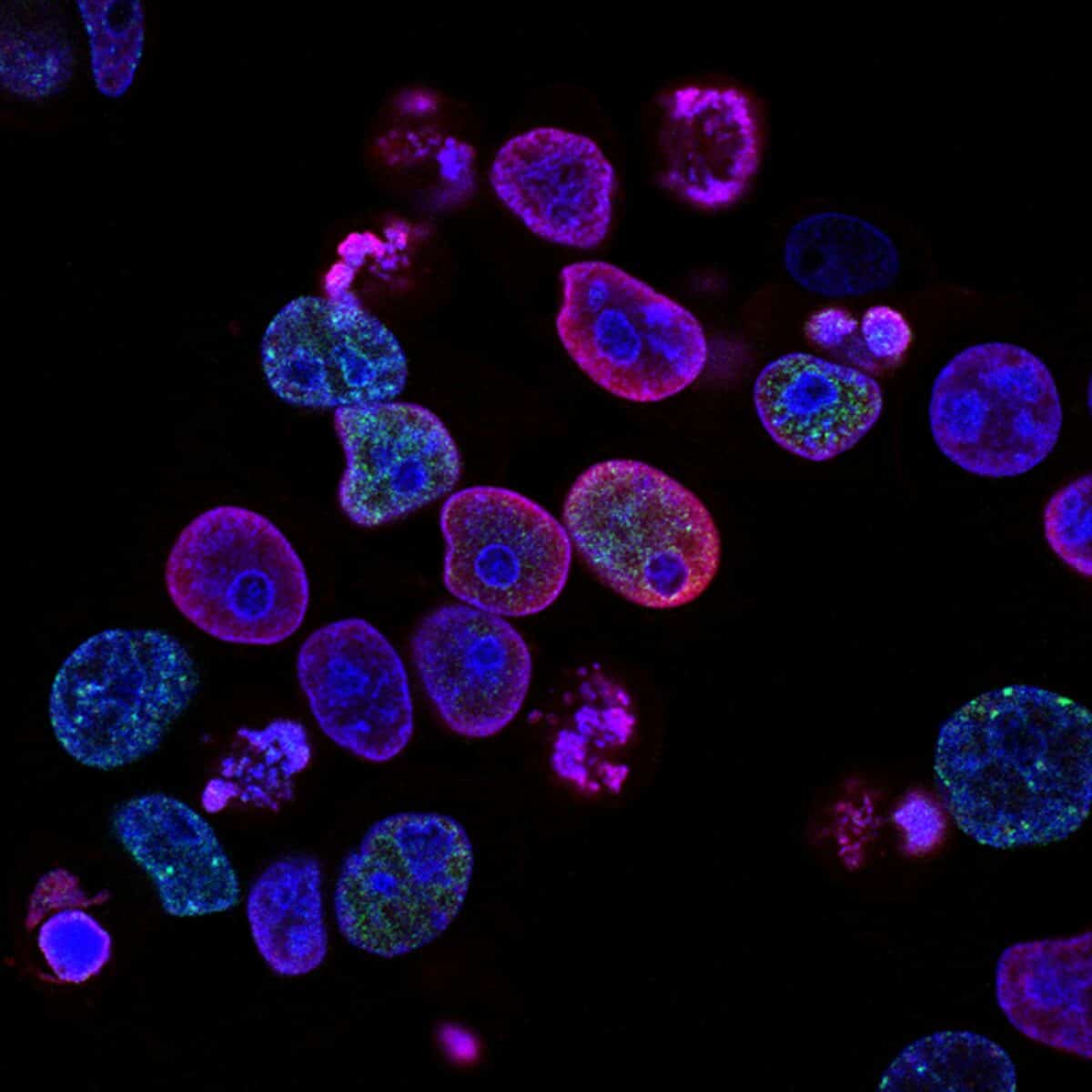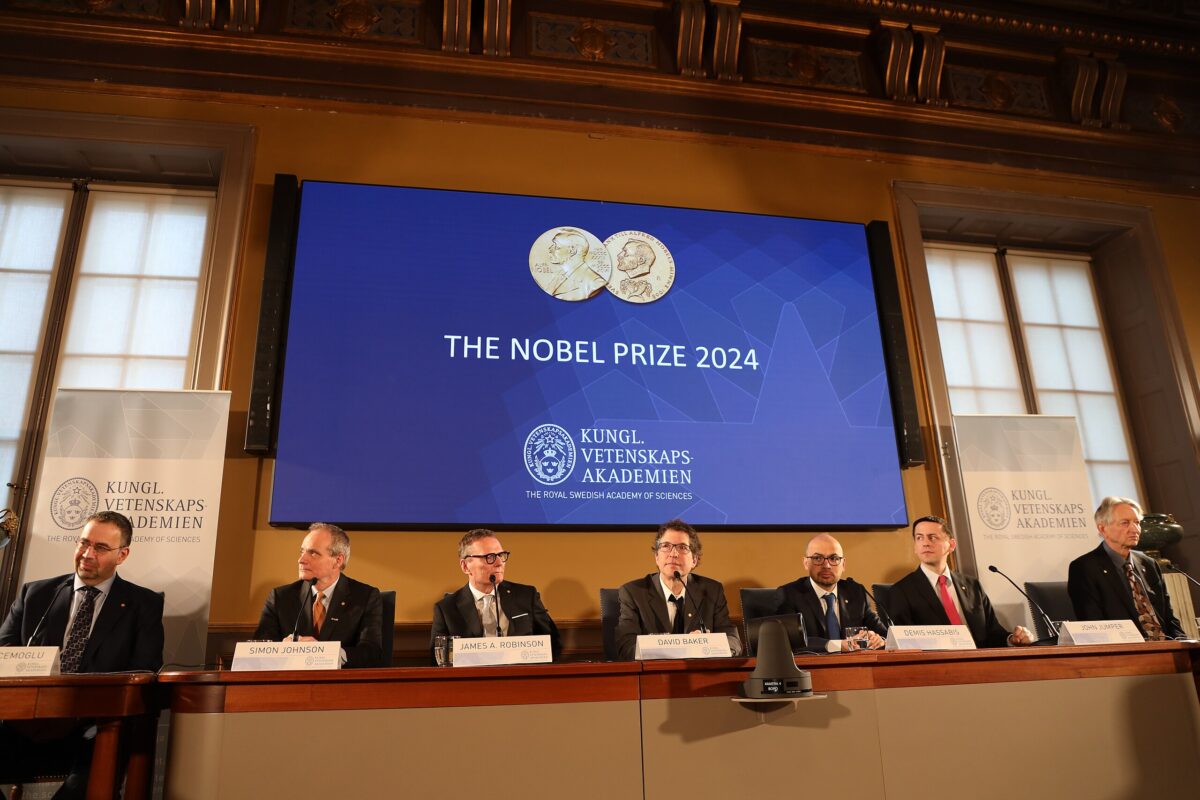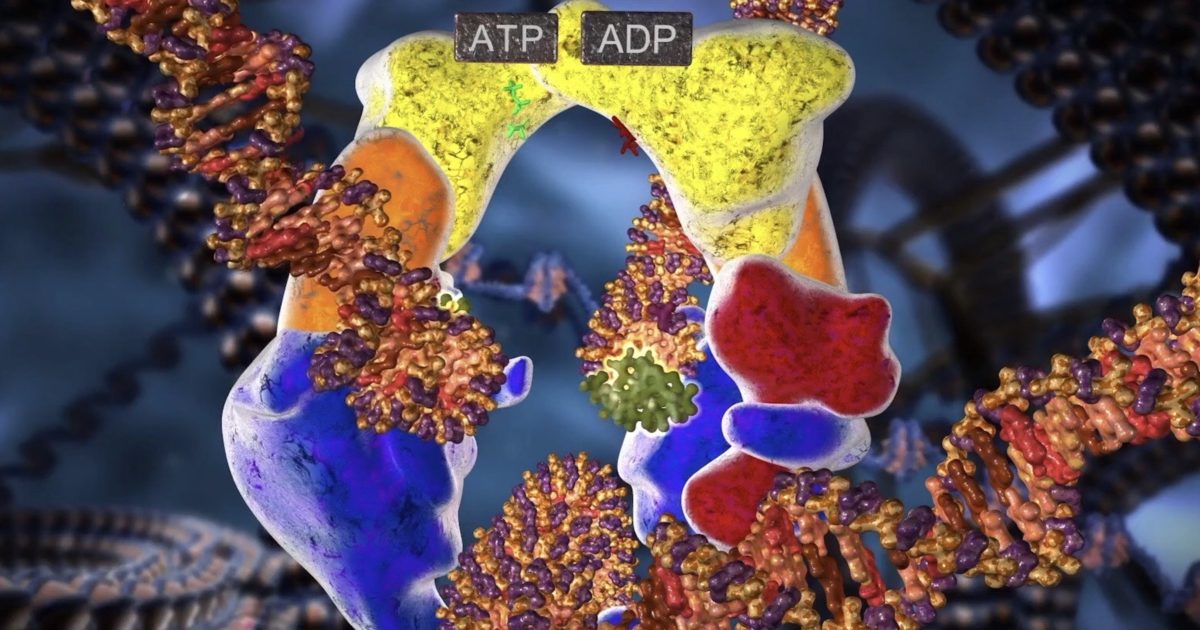
National Cancer Institute


Two Peer-Reviewed Papers Apply Behe’s “Darwin Devolves” Thesis to Cancer

What Cancer Reveals About the Limits of Darwinian Evolutionary Processes

Happy New Year! No. 1 Story of 2024: Nobel Prize for Function of “Junk DNA”

2024 Nobel Prize Awarded for the Discovery of Function for a Type of “Junk DNA”







































